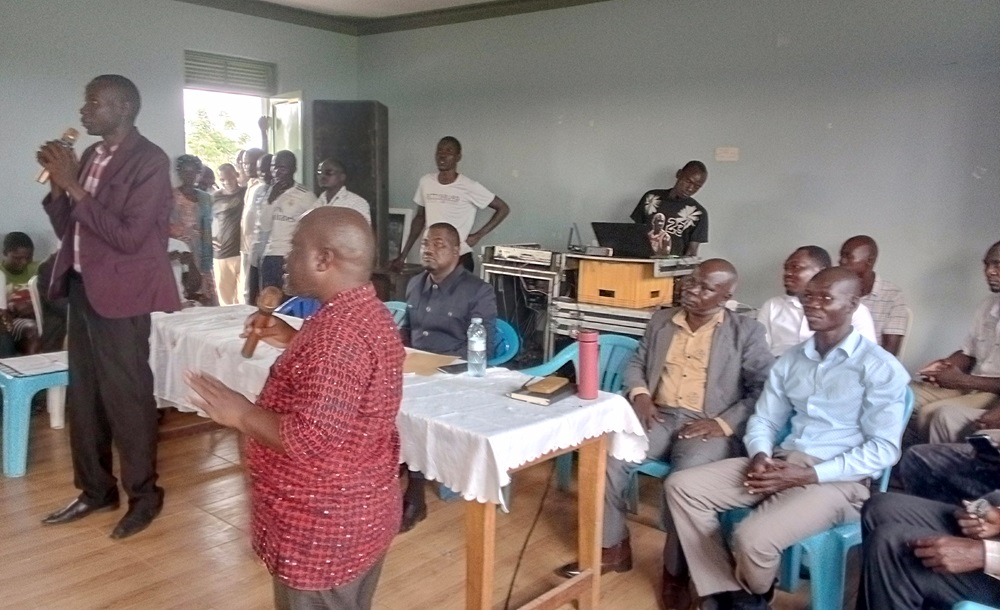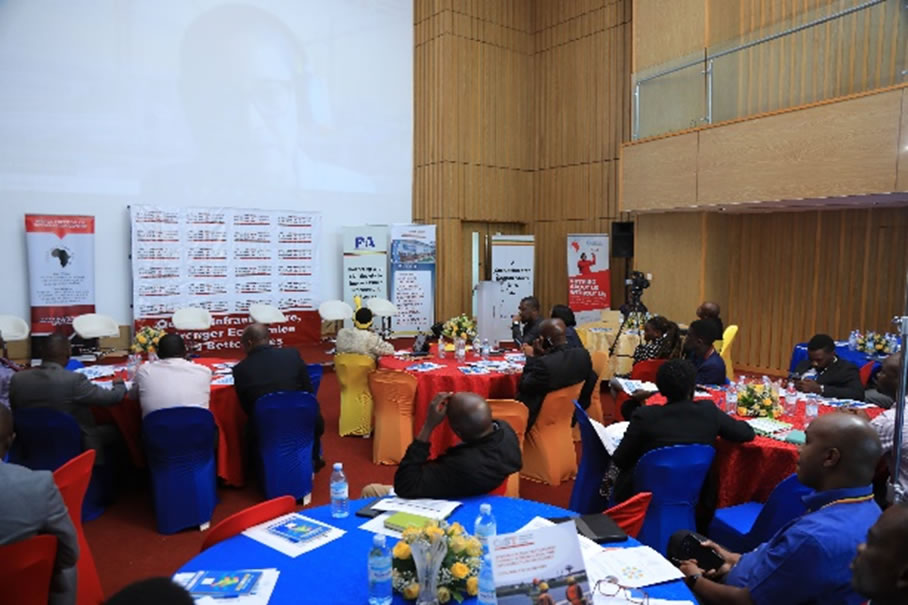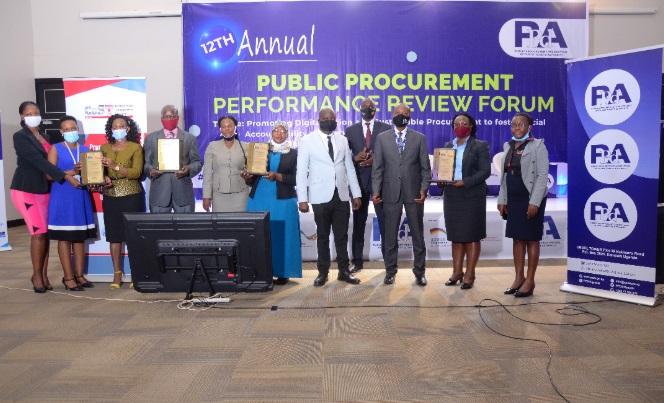
Disclosure is simply defined and understood as the process of making information about publicly financed infrastructure projects in an open and accessible way to the public. Therefore, it involves publishing relevant data at key stages throughout a project’s life cycle.
Why is disclosure important? Its important because it provide an opportunity to the stakeholders to have access to useful and critical information on the purpose, scope of project, the cost involved, and the implementation timelines for infrastructure projects.
Its aims at providing timely and relevant information to the public for enabling critical decision making to be done and enhance accountability throughout the infrastructure project implementation.
Who has the mandate to disclosure infrastructure project data? The mandate to disclose infrastructure project data rest first, on the government procuring and disposing entities by disclosing the infrastructure project data on the government procurement portal (gpp), Electronic government procurement (eGP) and their website & Notice board of the entities. But because government work with private sector in the delivery of most infrastructure projects.
The private sector (contractors) on one end should as well disclose project information at project site and or in their website for citizens and other stakeholders to access and use the information to stimulate their participation in public procurement processes and hold public officials to accounts for their actions in the delivery of infrastructure projects. Lack of this disclosure of infrastructure project data in an accessible way, limits citizens and stakeholders’ engagements in public procurement and monitoring of infrastructure project execution process.
In this article, we concern about disclosure of infrastructure project data on government procurement platform (GPP). One infrastructure project disclosed in the first half of 2023/2024 and another one in the second half of this same financial year in March 2024. Therefore, only two infrastructure projects that were disclosed according to the GPP records as at 25th April, 2024.
This trend of low disclosure practices has implication for access to information on infrastructure project data which in turn it grossly affects citizens participation and pose a risk for corrupt practices and mismanagement in procurement processes to occur and undermine implementation standard of the infrastructure projects. This will contribute to lack of trust by citizens and private sector on government undertakings. Hence value for money may not be achieved which eventually affects the quality of infrastructure project delivery and increase government spendings on infrastructure. These challenges are two folds, one capacity and processes which requires a continuous training and mentorship of the public officials on disclosure processes based on the infrastructure Data Standards (IDS) and the Open Contracting for infrastructure Data Standard (OC4IDS). The second challenge relates to limited awareness on the use of the disclosure platforms like the newly introduced Electronic Government Procurement (eGP).
CoST Uganda have continued to work with the public procurement regulator, Ministry of Works and Transport and other stakeholders to promote infrastructure transparency and accountability in Uganda.
In this article, we appeal to the procuring and disposing entities to embrace disclosure of infrastructure project data to enhance transparency and accountability, citizens participation in public procurement to propel quality infrastructure project delivery. This will contribute to value for money and reduced government wastages and leverage expansion of infrastructure in the Country. Sustainability of the infrastructure project built collaboratively shall be guaranteed and boost socio-economic welfare of the citizens.
Be counted as a champion of infrastructure transparency by sharing this article to your different network.
For more information about CoST Uganda work, visit our website: https://www.cost.or.ug and https://www.infrastructuretransparency.org or follow our twitter (X) via @CostUgChapter or www.linkedin.com/in/cost-uganda-258715289



